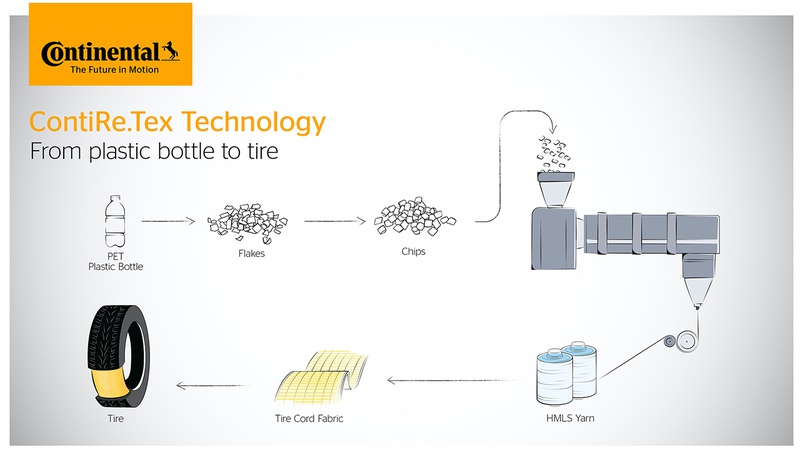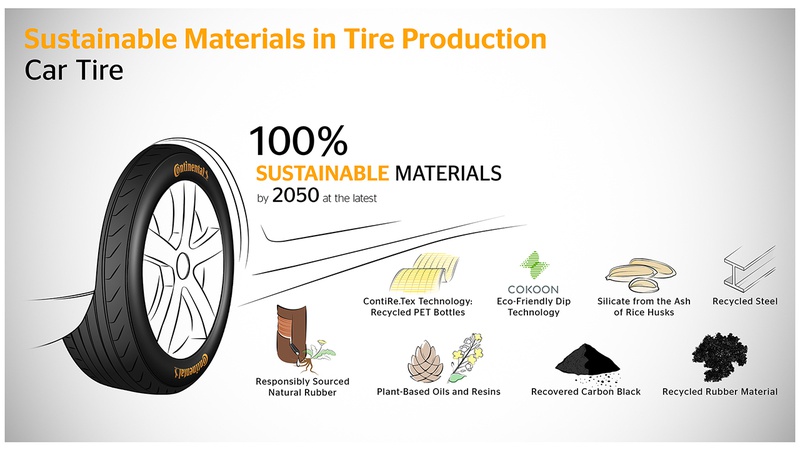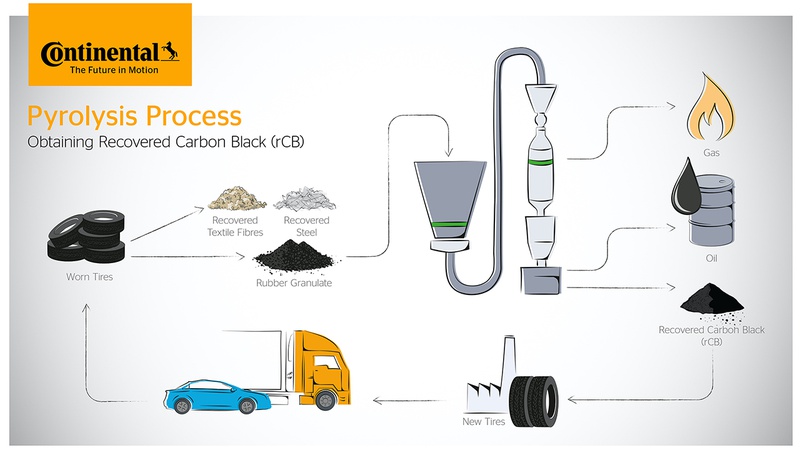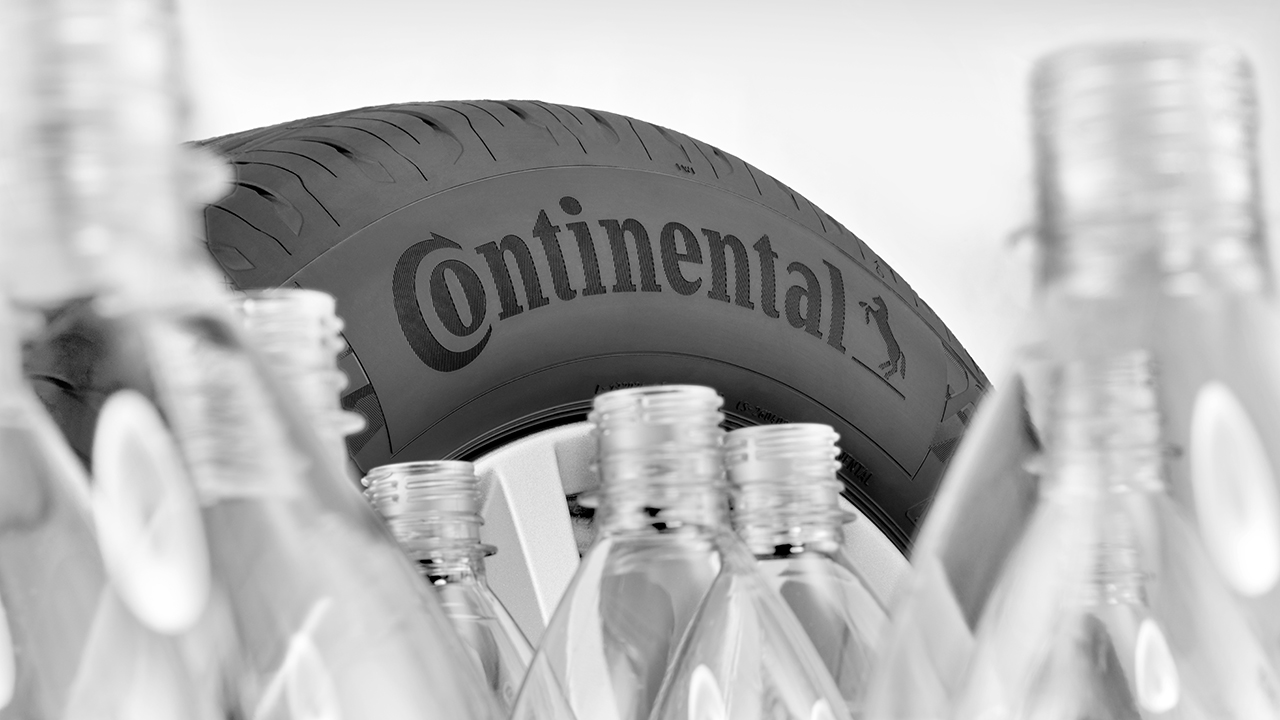Continental, one of the world's leading tire manufacturers, has announced its plan to produce sustainable and recyclable tires by 2050. The company intends to use recycled plastic bottles, dandelions, rice husks, and other plant-based materials to replace traditional tire manufacturing components. The ultimate goal of this effort is to manufacture tires made entirely from 100% recycled or sustainably sourced materials.
To achieve this, Continental has developed a complex production process. The company separates rubber, steel, and cords from old tires using what it calls a "highly sophisticated process." The rubber collected from recycled tires will be combined with natural rubber sourced from latex-producing trees and supplemented with other plant-based resources, such as dandelions. These resources are also a significant source of rubber.
Silica is another vital ingredient in tire manufacturing, responsible for tire performance characteristics such as grip and rolling resistance. To obtain silica, Continental typically uses quartz sand. However, the company plans to supplement silica with plant-based oils from rice husks, which are a byproduct of rice production. According to Continental, rice husks offer a more energy-efficient solution for manufacturing.



Continental infographic
In addition to these materials, Continental will also use plastic bottles to create a polyester yarn used in the tire casing. Each tire casing requires between nine and 15 plastic bottles, depending on their size. Using plastic bottles in the production process is another more energy-efficient alternative, according to the company.
Continental is already using some of these sustainable materials in its tire casings, and these materials account for between 15% and 20% of the company's tire production.
"Continental is on the road toward becoming the most progressive manufacturer in the tire industry in terms of sustainability," said Continental's Head of Sustainability Claus Petschick. "We aim to use 100 percent sustainable materials in our tire products by 2050 at the latest. Our innovative power enables us to break new and even more sustainable ground. This encompasses everything from the origin and sourcing of our materials through to the reuse and recycling of our tires."
Source: Continental

